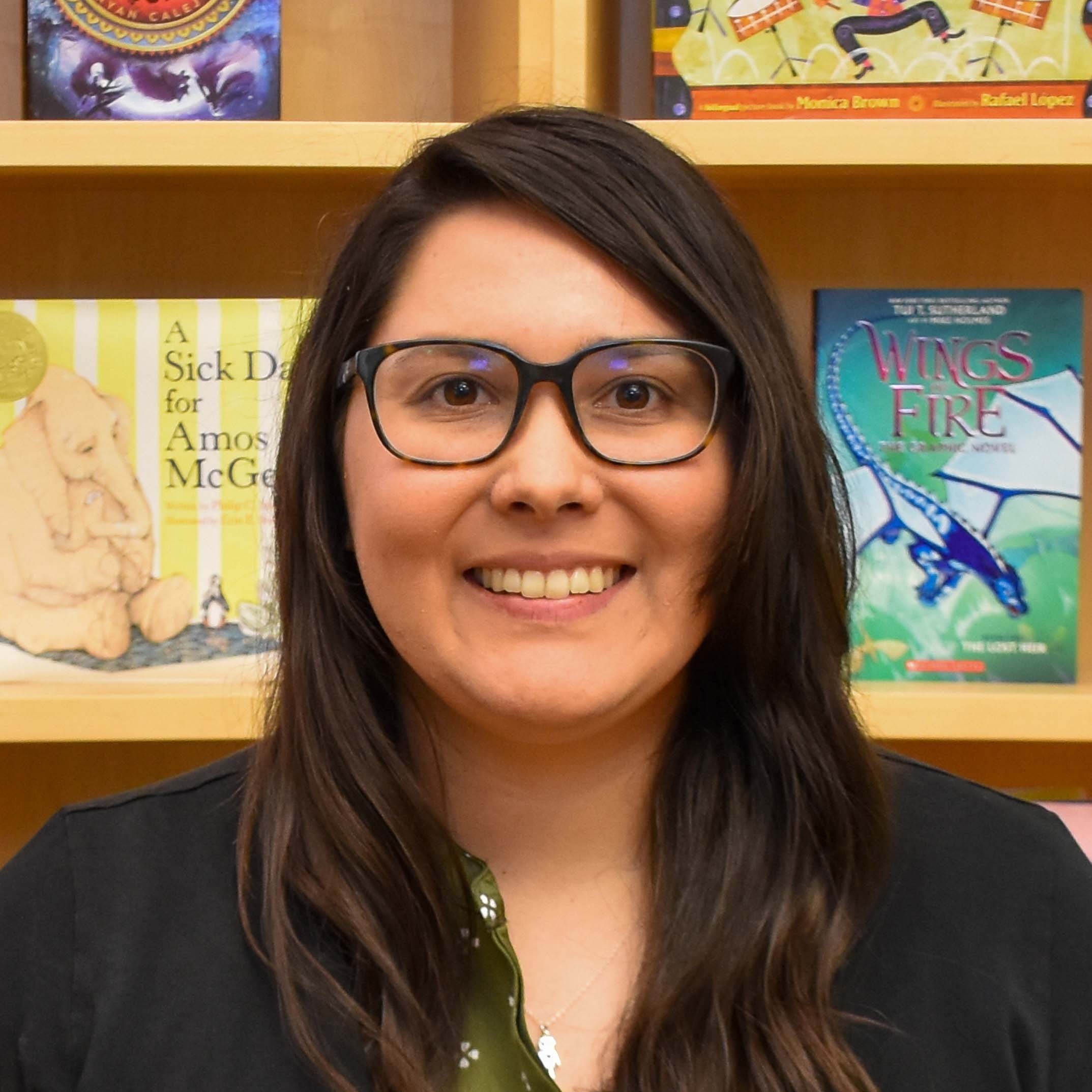
Alumni Connections: Stefanie Garcia
October 2022
Stefanie Garcia is an Engineering Outreach Coordinator at Carnegie Mellon University. She graduated in 2017 with a M.S. in Electrical Engineering and Computer Sciences. During her time in the Bay Area, she was an integral part of our outreach activities, from leading lessons with BASIS to judging science fairs to supporting us with local school science festivals, to working with us as a Program Coordinator, Stefanie quickly became an expert in science education and has since developed several science outreach initiatives at Carnegie Mellon!

What inspired you to do outreach with CRS?
I have always been interested in service, and I wanted to build connections in Berkeley with the community since I would be living in this city for the next few years for graduate school.
There is so much opportunity and ability to go far in a career while being a graduate student. For me, outreach helped me remember where I came from as a daughter of an immigrant, and as a second generation student. Volunteering within the community helped me feel closer, and more connected to others in East Bay, and allowed me to connect across UC Berkeley departments to make lifelong connections and friends through outreach.
- Stefanie Garcia
What is one moment from teaching with CRS that you'll always remember?
I love the wild experiments that 7th grade students come up with during Be A Scientist (BAS). Their imaginations have no limits, and it is fascinating to see student's creativity, and personal interests, blend so organically with the scientific method. I learned a lot myself from BAS, and from the students themselves.
My favorite teaching moment was this moment of vulnerability that I had in a MS space, where I wasn't sure of myself. I had to be reminded by our local BUSD MS students that there was nothing to be scared about. Over the years, I have gained a lot of personal strength from my relationship with our East Bay students, and I take a lot of pride in my ability to work with students by building community and trust through STEM.
What "Openings" have occurred in your life from studying science and/or participating in our community outreach programs?
Outreach really changed my career perspectives, and opened up a new way of thinking about service and community impact in STEM for me. I switched from Electrical Engineering and Computer Sciences (EECS) to engineering education, and currently do work in local communities with the engineering graduate students at my local university, with an emphasis on public schools and schools that serve students marginalized in STEM. I continue to find so much joy in community, and in K-12 education, and I aim to bring opportunities like those that CRS offers to graduate students in other parts of the country.
How has your volunteering and training with CRS helped you in your continued participation in outreach?
I think that this programming really opened my mind to the possibility of scalable programming, through utilizing multiple STEM departments on campus, and providing support to graduate student teams to build and run lessons. I've been able to find work in engineering education in multiple capacities and in multiple states now at this point in my career, and I really have enjoyed going to engineering conferences this past year to promote K-12 outreach work with my current university.
What is one thing, if anything, that you took from your volunteering experience that you continue to use in your work?
In-classroom outreach is such a powerful tool, especially when considering Diversity, Equity, and Inclusion STEM work. In the case of my work, many of the communities I serve don't have the same level of access to my university as other communities (whether this be transportation issues, needing an adult to accompany them on a Saturday, needing to bring one's own lunch, non-need based summer camps, etc.). CRS did demonstrate that it was working within parameters that served all students in the community, regardless of what student needs are. I bring that perspective with me in all of my engineering education work.
What piece of advice do you have for new volunteers?
1. It's ok to make mistakes, and it is important to acknowledge when you do not know the answer to something. Own up to those mistakes, and don't panic. Teaching is a collaborative experience, and sometimes the best parts are where you and the students are exploring a topic together.
2. Equity does not mean equal. Students will have different levels of understanding about different topics, and it is important to provide extra supports wherever necessary and adjustments to meet a student's learning level.
3. Just like it is important to hear the voices of all in the room, it is also important to keep in mind which voices we are not hearing, because they may not yet be represented as frequently in STEM.